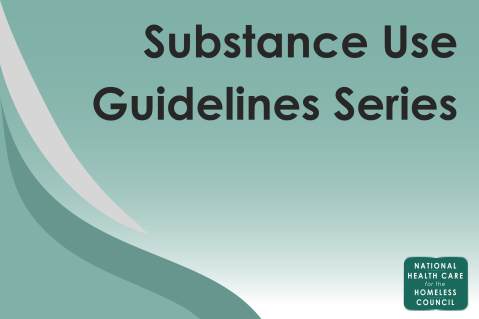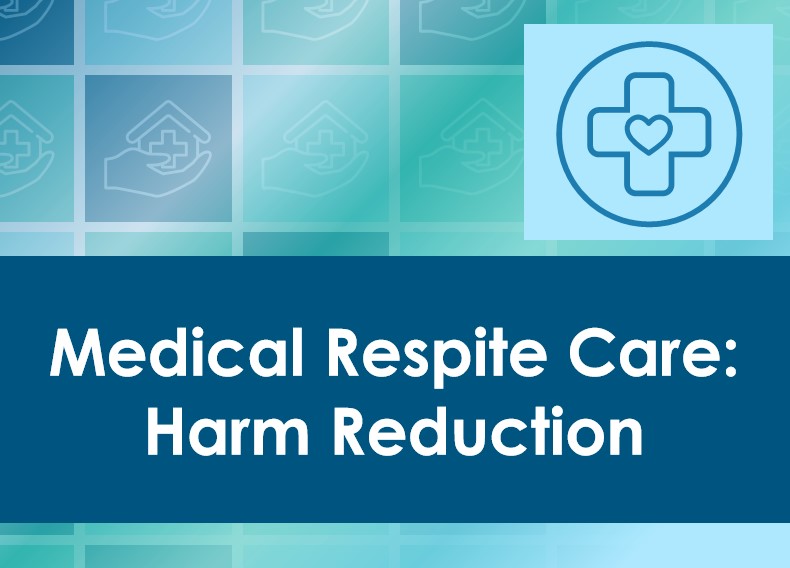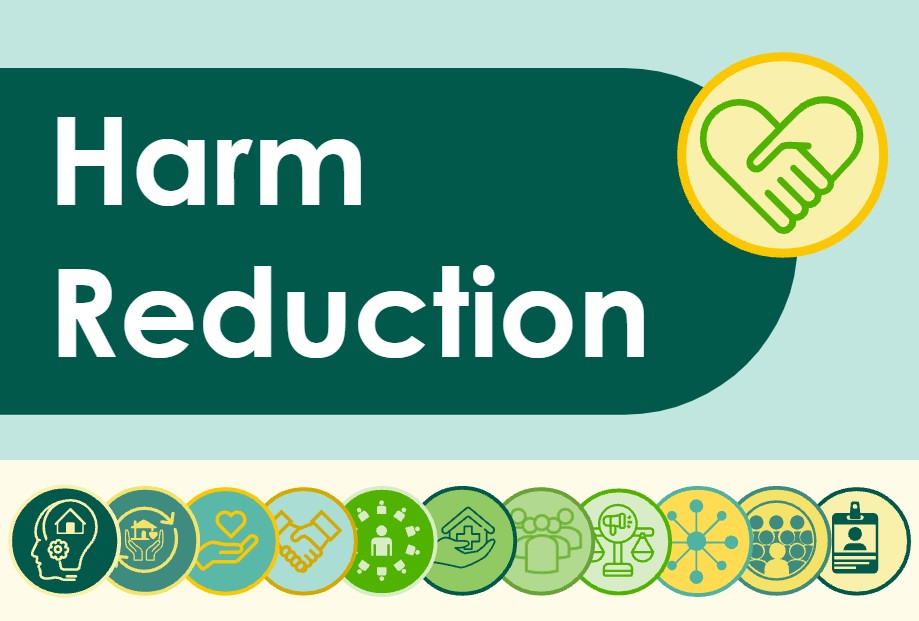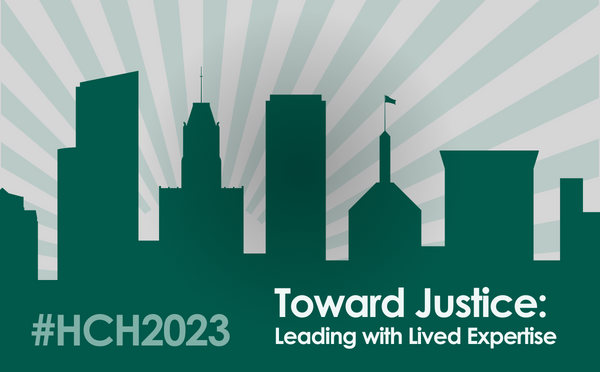Substance Use Guidelines Series
The National Health Care for the Homeless Council’s Substance Use Guidelines are brief substance-specific guidelines intended for use by anyone who is a consumer of services or a service provider working with people experiencing homelessness and people who use drugs. The guidelines were developed with the help of national and community-based experts and made possible […]
Substance Use Guidelines Series Read More >>






